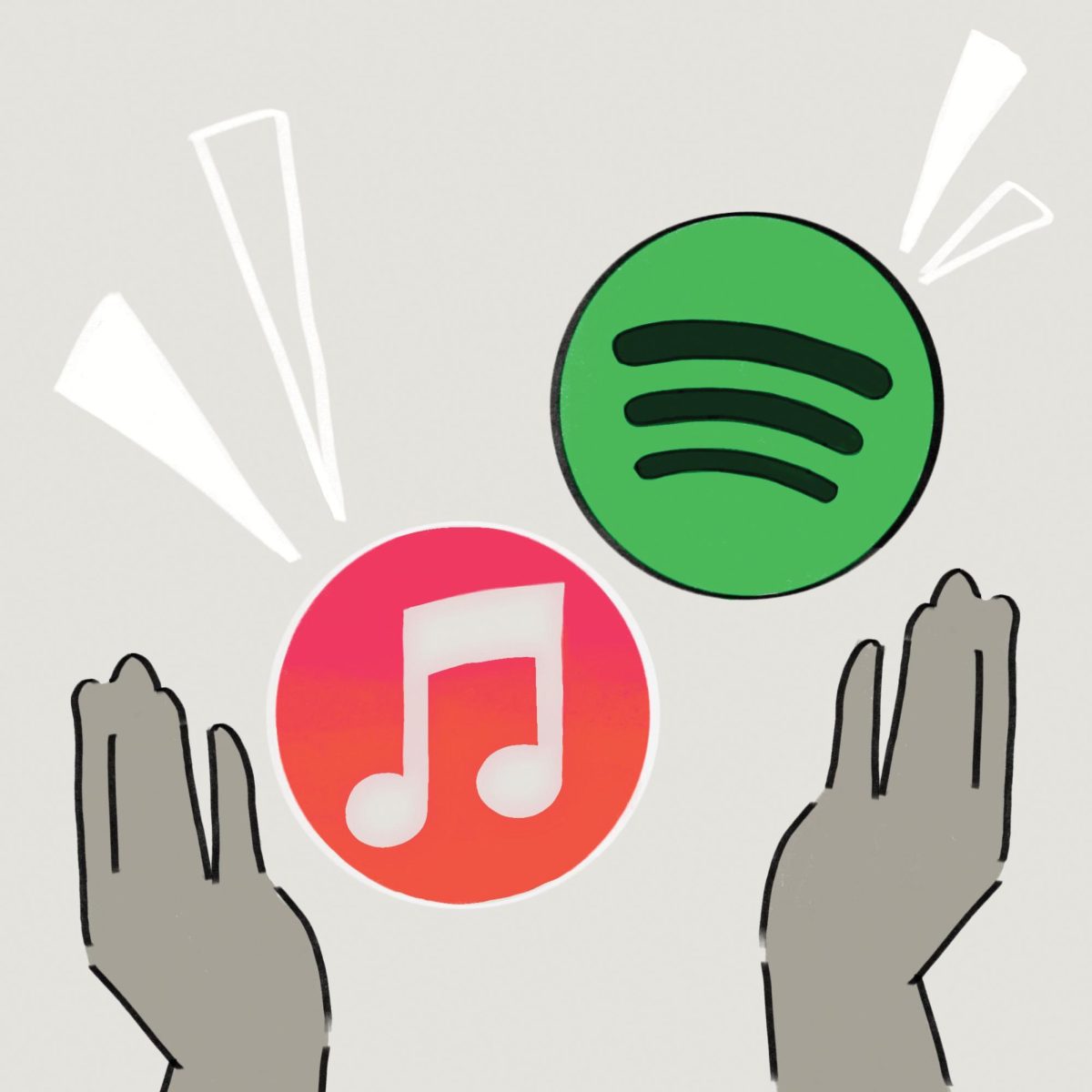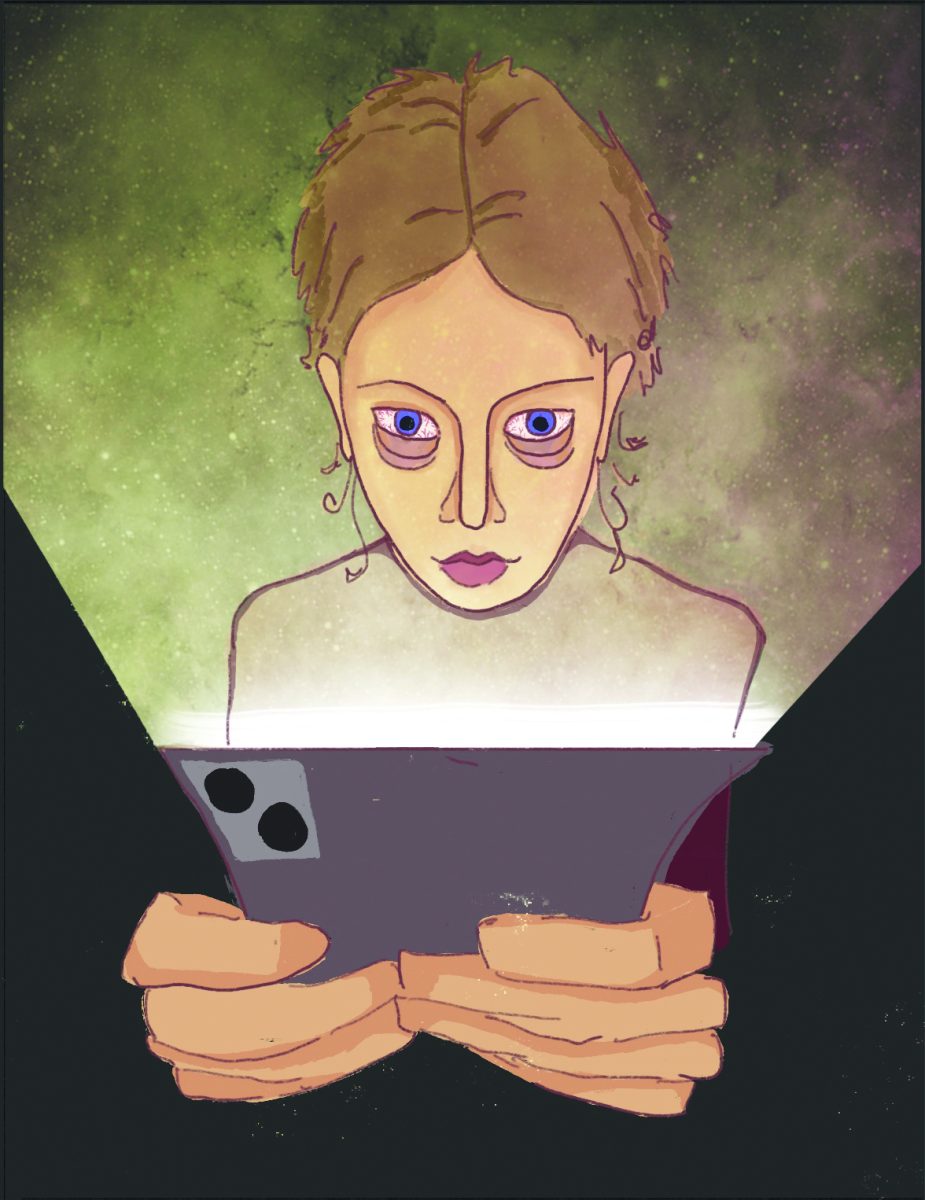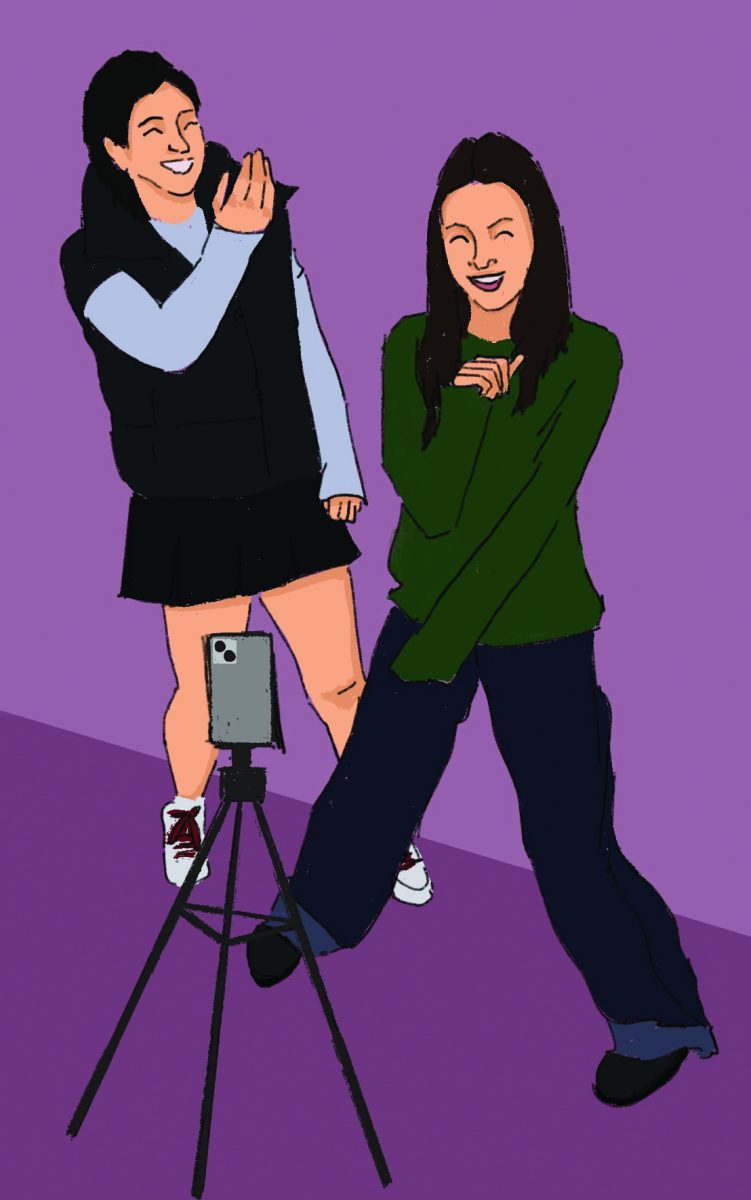
We have finally reached what seems to be the home stretch of quarantine: schools are starting to reopen, some social distancing restrictions are being lifted and, most importantly, vaccines are being administered.
While just a few months ago the idea of a vaccine felt very rare, foreign and unfamiliar, it has now become nearly ubiquitous. As more people got vaccinated, I began to hear lots of chatter about the ways (ethical or not) that people have qualified for the vaccine.
Are you an essential healthcare, education or food worker? Over the age of 65? Have any serious health conditions or disabilities? These are some of the current requirements in Los Angeles County to be eligible for the COVID vaccine.
However, there are people who have found ways to “bend the rules” and get vaccinated even though they do not fall under any of the above categories. Certain methods, such as waiting for leftover vaccine doses, seem unfair but are overall not harmful to the equity of the distribution process, whereas other methods such as blatantly lying about your eligibility or utilizing your social and economic privilege are undeniably immoral.
People have been waiting outside of hospitals, clinics and pharmacies until unused doses are given to anyone who is nearby, regardless of their eligibility. These “left-over” doses are usually going to people who are wealthy and have enough time to spend their day lingering outside of a clinic in hopes that a dose will become available. In an ideal scenario the leftover doses would be distributed to the most vulnerable members of society, but unfortunately that is not always possible. According to the Centers for Disease Control and Prevention, any unused vaccines must be discarded after just six hours. Since supply and demand is almost never exact and some eligible people have opted out of the vaccine for a variety of reasons, there are bound to be extra doses and it can be unclear what doctors should do with them. In my opinion, receiving a dose of these leftover vaccines is ethically questionable, but it is also important to set aside our fixation on fairness for a moment and recognize that these individuals are preventing the excessive waste of vaccines, which are a limited resource.
Unfortunately, the inequity in vaccine distribution goes beyond these leftover doses, as some people have been blatantly lying about their employment, health or socio-economic status to cheat the system.
Most commonly, I have heard about people within my community who are falsely categorizing the nature of their employment. Some have tried to justify their vaccination, such as a group of fitness trainers who claimed to be essential healthcare workers, whereas others have simply lied, realized that some vaccine centers don’t require proof of employment. Additionally, some of the wealthiest members of society are using their ties to pharma companies or connections to concierge doctors to get the vaccinated early. These methods are not only dishonest, but also directly benefit those with the most wealth and influence.
While I firmly believe that people should not “cut the line,” California’s efforts to create an equitable distribution process have unfortunately ended up setting us behind the national average. Our more progressive government has prioritized a fair distribution, which has, to some extent, come at the cost of total efficiency.
Also, the end goal is for as many people to be vaccinated as soon as possible to build up population immunity. Population, or “herd” immunity occurs when enough people have become immune (through vaccination, in this case) to make a disease’s spread unlikely, and as a result, the entire community is protected. So, technically anyone who gets a vaccine (regardless of their eligibility) is helping us reach the long awaited end of this pandemic.
Also, it is important to note that the current guidelines themselves don’t always prioritize the highest-risk people. For instance, I will be working as a camp counselor this summer, which qualifies me for vaccination even though I am not health-compromised, and that income is not essential to my livelihood.
Recently, California has opened vaccines to everyone over the age of 16, eliminating the need for people to cheat the system. I think that the early vaccination process further evidenced the inequities within our community, and how so many are willing to use money or connections to bend the rules.







